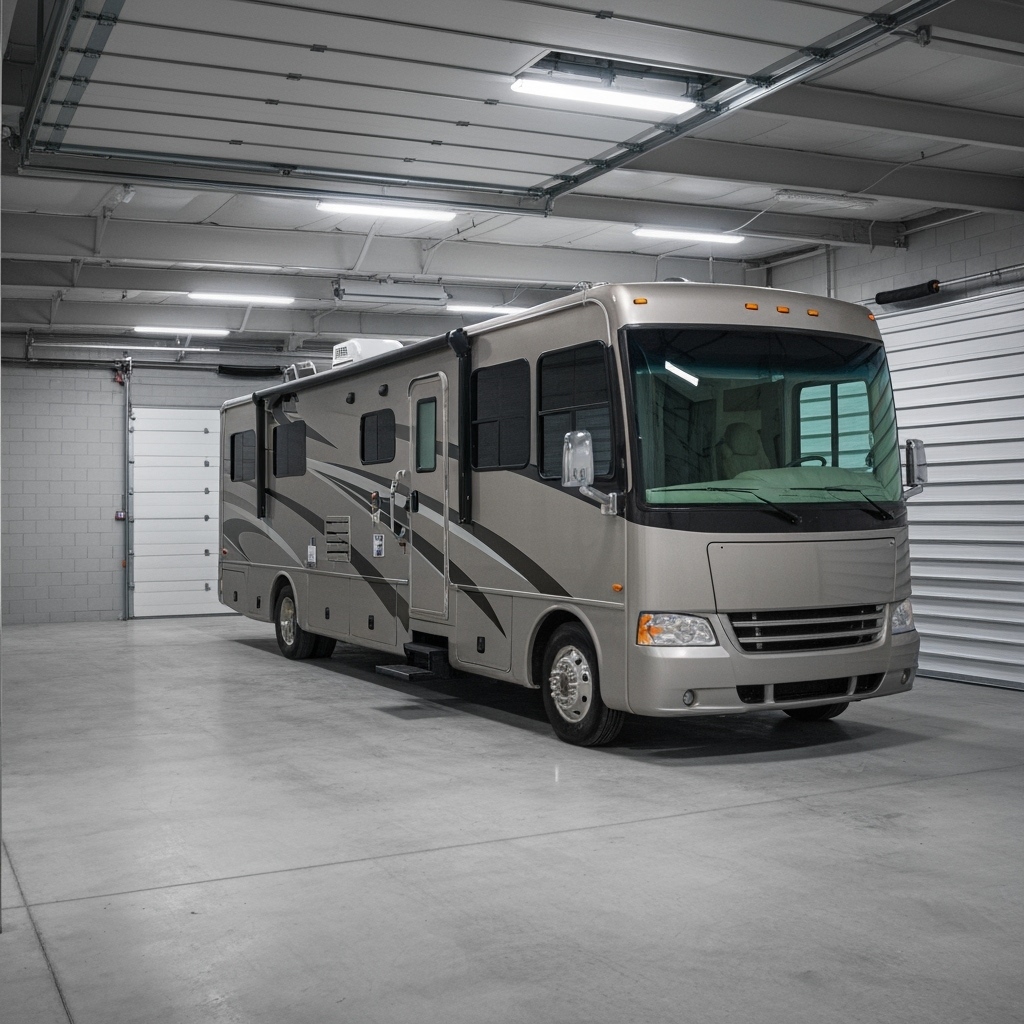
For RV owners, proper storage is crucial for maintaining the value and integrity of their home on wheels. Whether you’re storing your RV during the off-season or between adventures, choosing the right storage solution can make all the difference in preserving your investment.
Why Climate-Controlled Storage Matters for RVs
Climate-controlled storage offers essential protection for your RV against temperature fluctuations, humidity, and extreme weather conditions. These controlled environments help prevent:
- Moisture damage and mold growth
- Deterioration of seals and rubber components
- Battery degradation
- Interior fabric and upholstery damage
- Electronic system issues
Essential Pre-Storage Preparation Steps
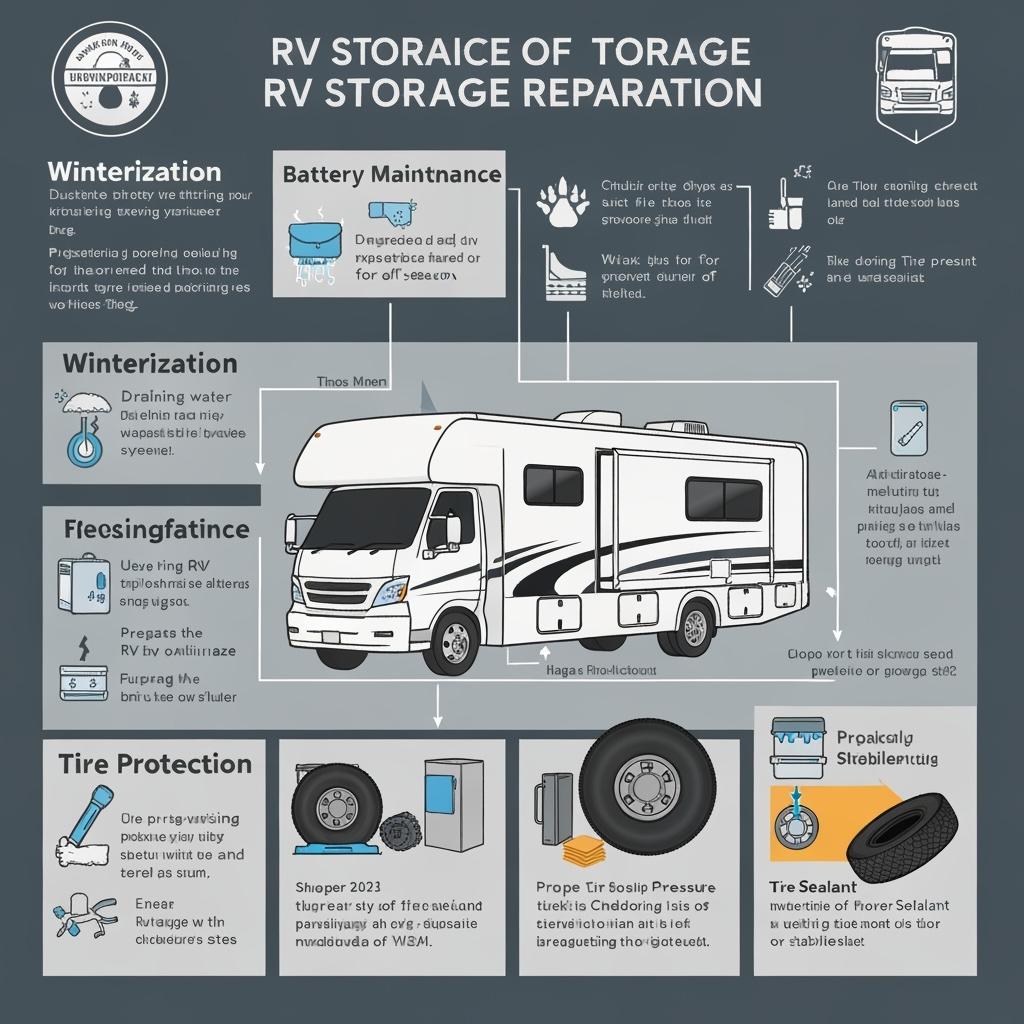
Before storing your RV, complete these crucial preparation steps:
1. Clean and Inspect
- Thoroughly clean exterior and interior
- Check for water leaks and seal damages
- Inspect roof condition and seams
- Document any existing damage
2. System Winterization
- Drain water systems
- Add antifreeze to plumbing
- Remove and clean filters
- Empty and clean holding tanks
3. Mechanical Preparation
- Change oil and filter
- Check and maintain tire pressure
- Charge and disconnect batteries
- Add fuel stabilizer
Choosing the Right Storage Solution
Consider these storage options based on your needs:
Indoor Climate-Controlled Storage
- Maximum protection from elements
- Temperature and humidity control
- Enhanced security features
- Higher cost but better protection
Covered Storage
- Protection from direct sunlight and precipitation
- Good ventilation
- More affordable than indoor storage
- Limited climate control
Maintenance During Storage
Regular maintenance checks during storage ensure your RV stays in prime condition:
- Monthly battery checks and charging
- Tire rotation and pressure monitoring
- Ventilation system inspection
- Pest control monitoring
- Regular interior inspection for moisture
Security Considerations
Protect your investment with these security measures:
- Choose a facility with 24/7 surveillance
- Install additional locks and security devices
- Use wheel locks or tire boots
- Consider GPS tracking systems
- Maintain comprehensive insurance coverage
Cost-Saving Tips
Maximize your storage budget with these strategies:
- Compare multiple storage facilities
- Look for off-season storage discounts
- Consider longer-term storage contracts
- Share storage space with other RV owners
- Invest in preventive maintenance to avoid costly repairs
When to Retrieve Your RV
Follow this pre-use checklist when taking your RV out of storage:
- Inspect all systems thoroughly
- Check tire condition and pressure
- Test battery and electrical systems
- Flush and sanitize water systems
- Schedule professional maintenance if needed
Final Thoughts
Proper RV storage is an investment in your vehicle’s longevity and your future adventures. By choosing climate-controlled storage and following proper maintenance procedures, you’ll ensure your RV remains ready for the road ahead. Contact your local Public Storage facility to learn more about specialized RV storage solutions that fit your needs.




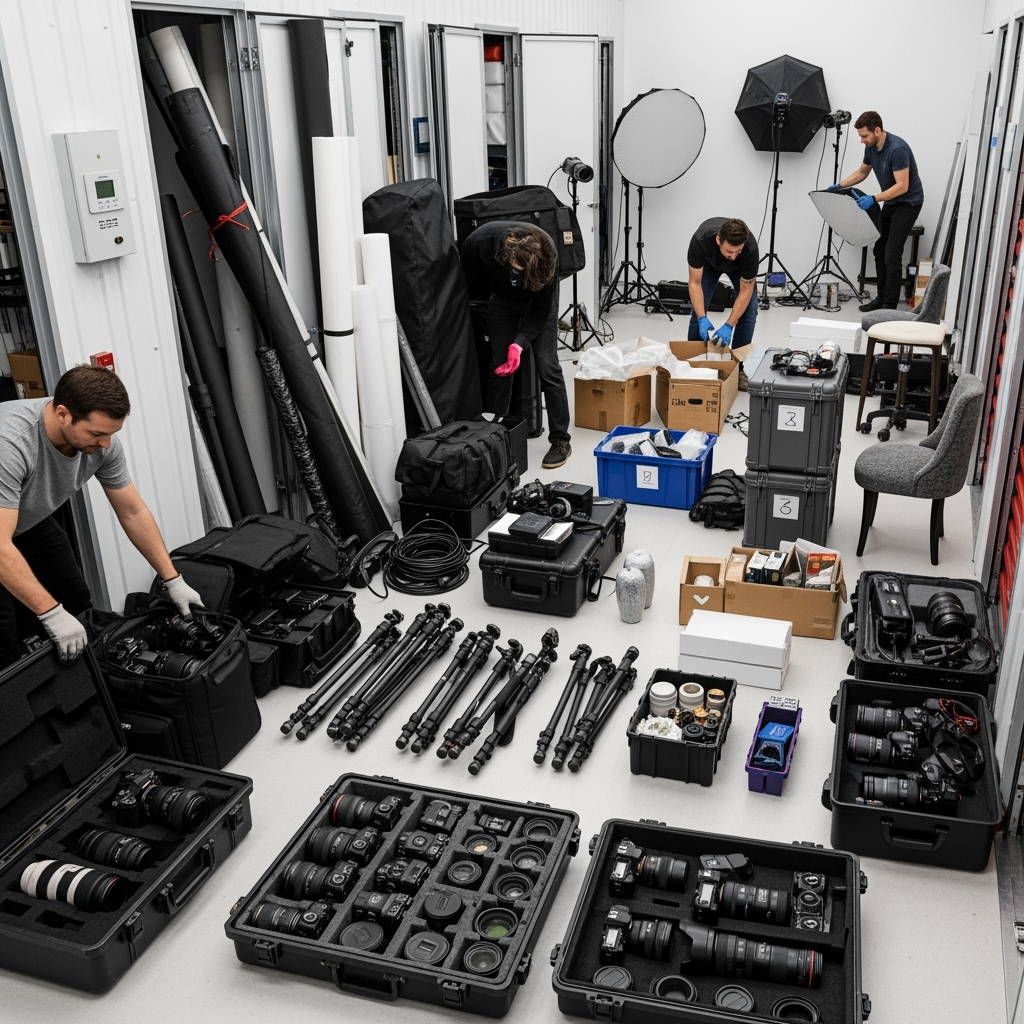

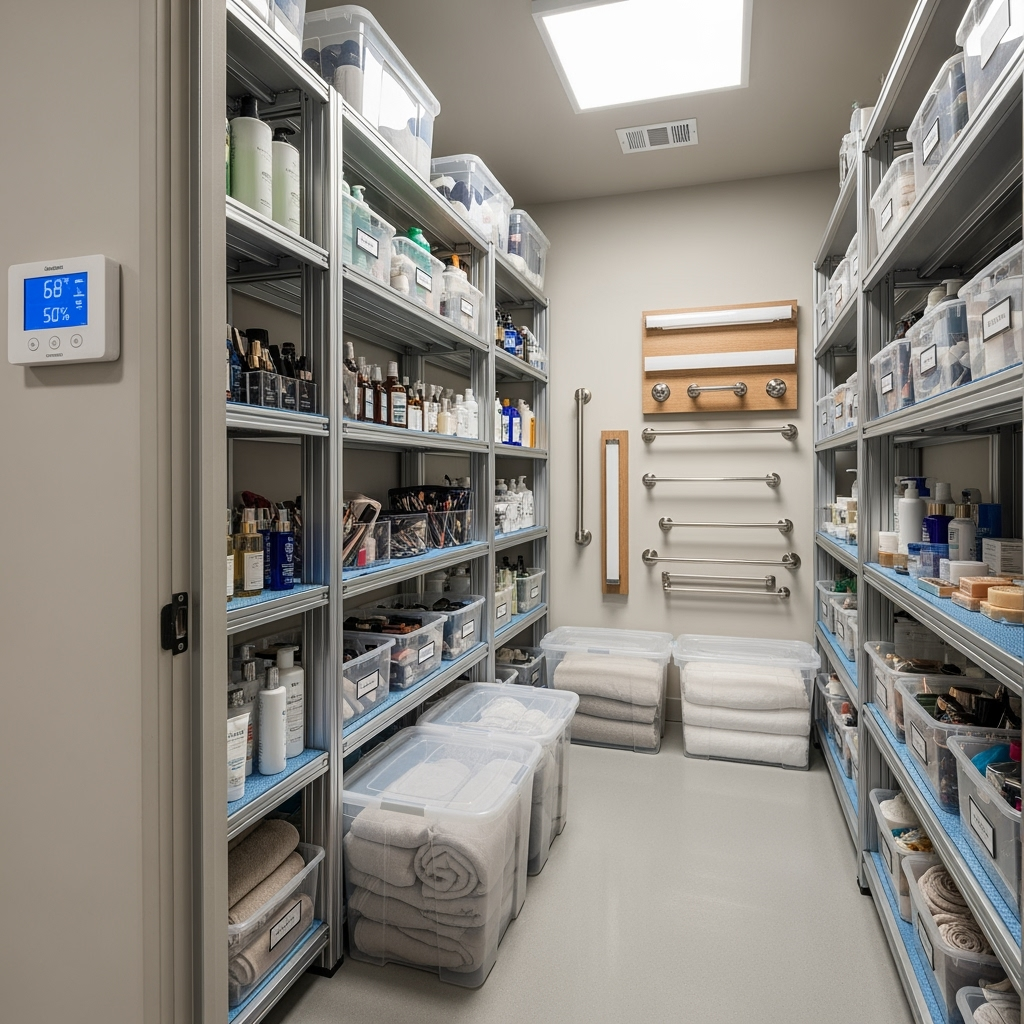
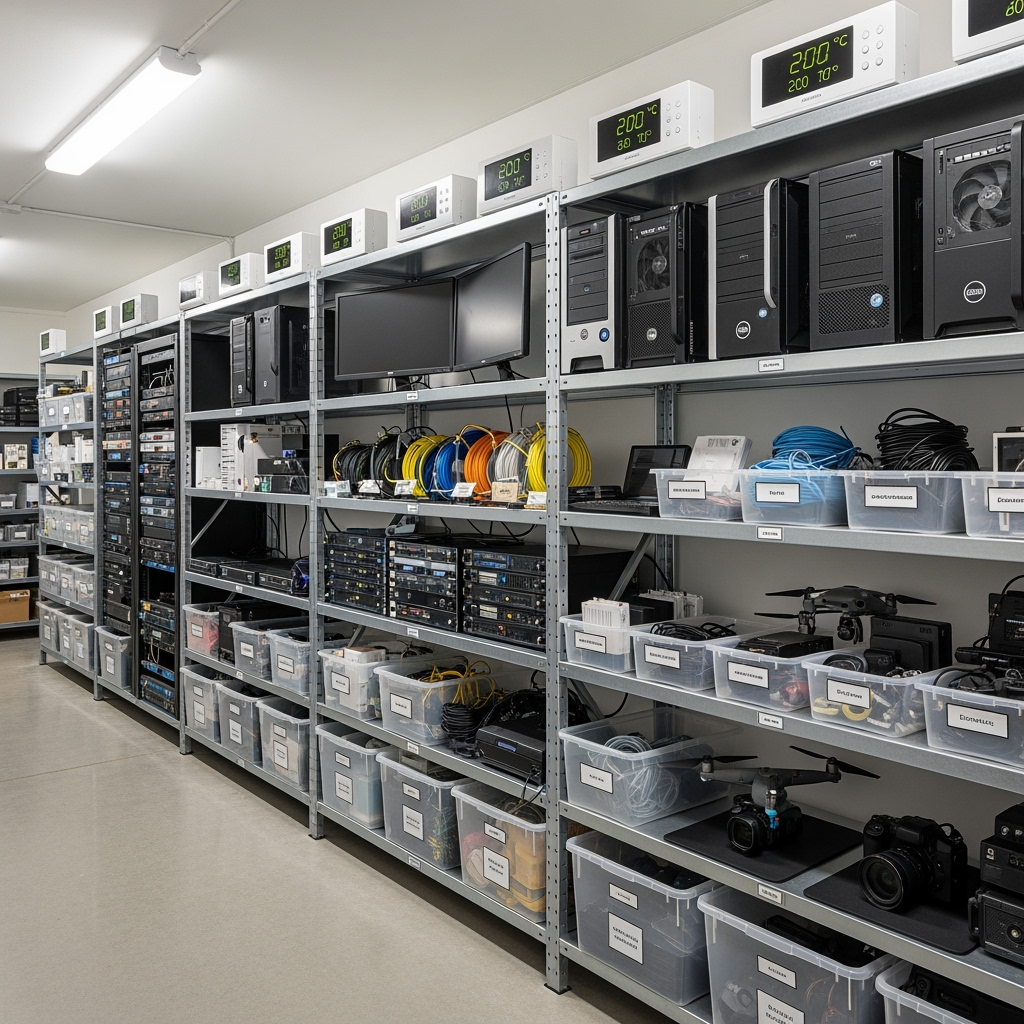

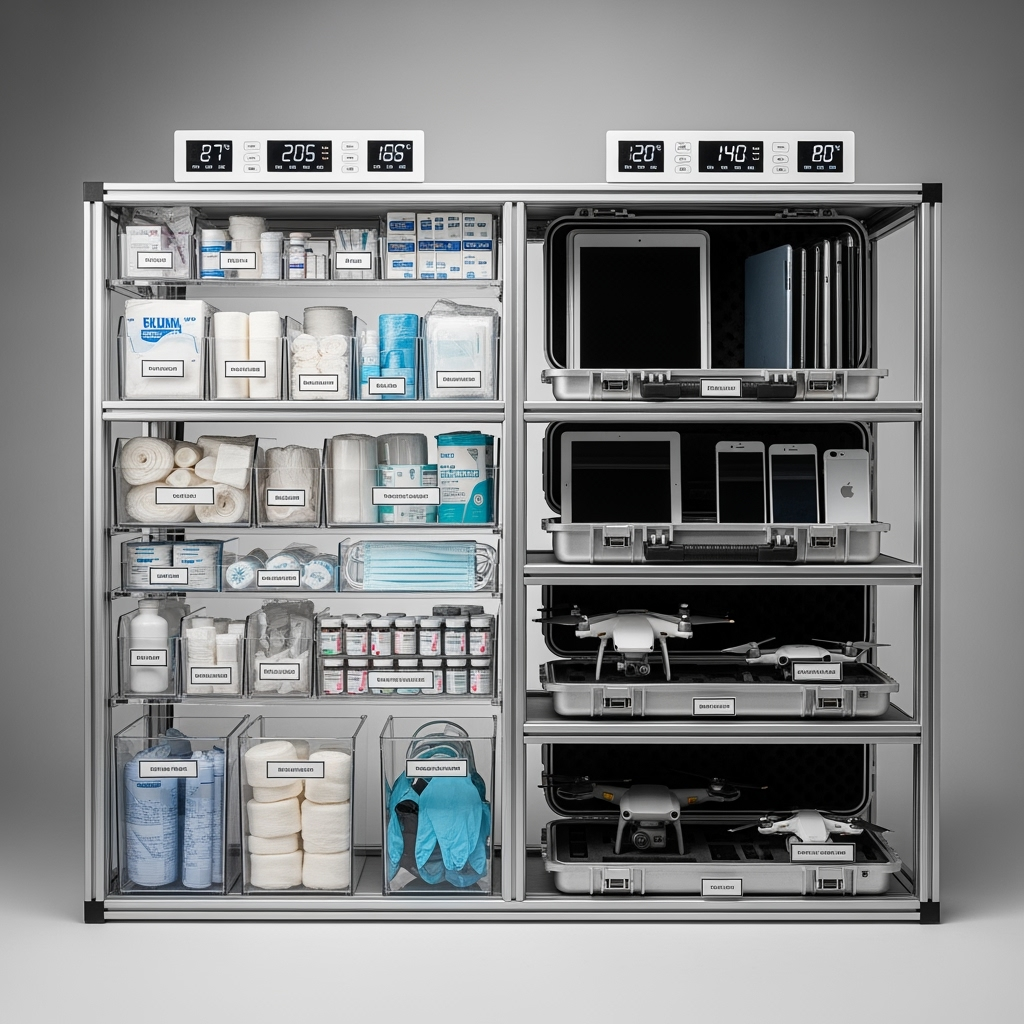
Leave a Reply